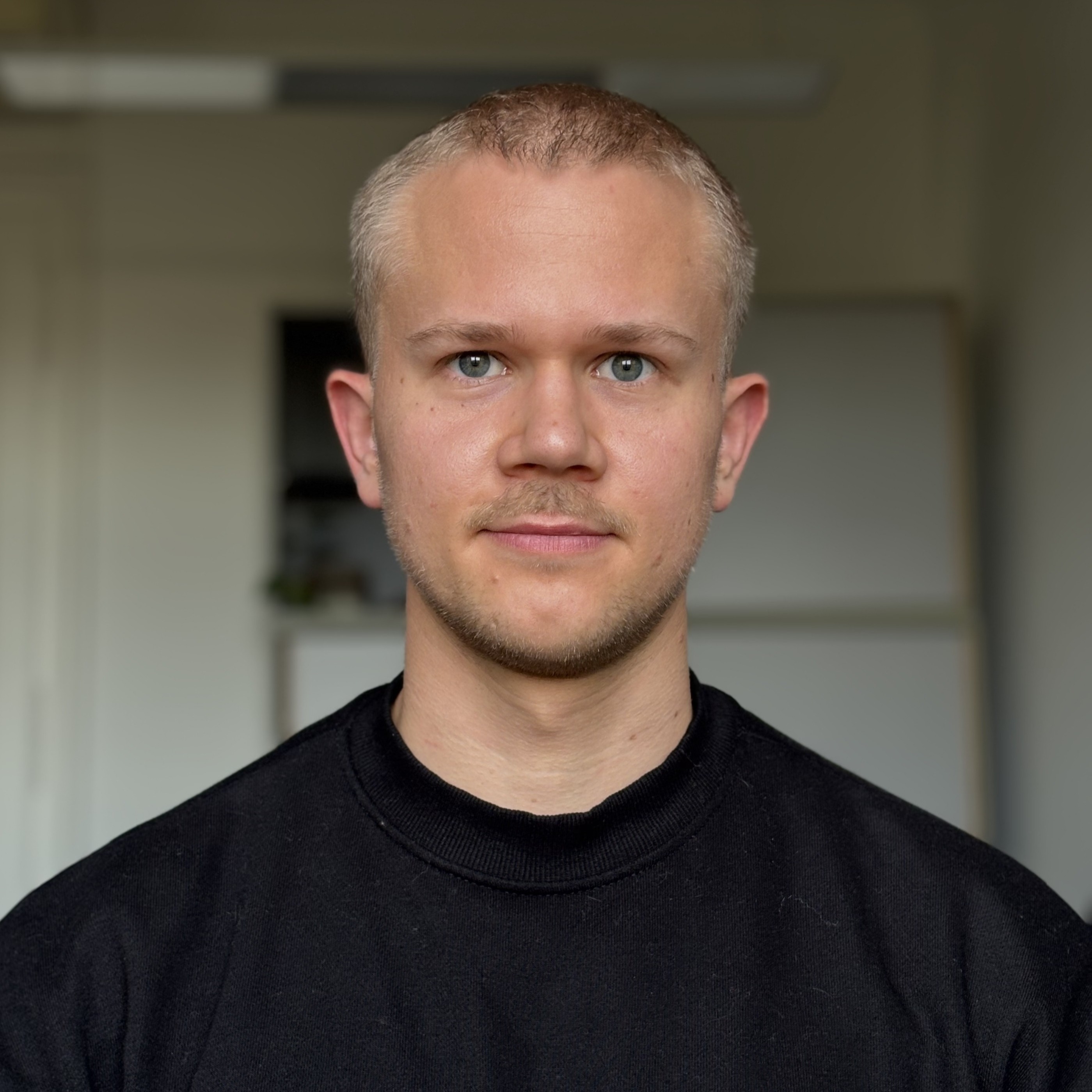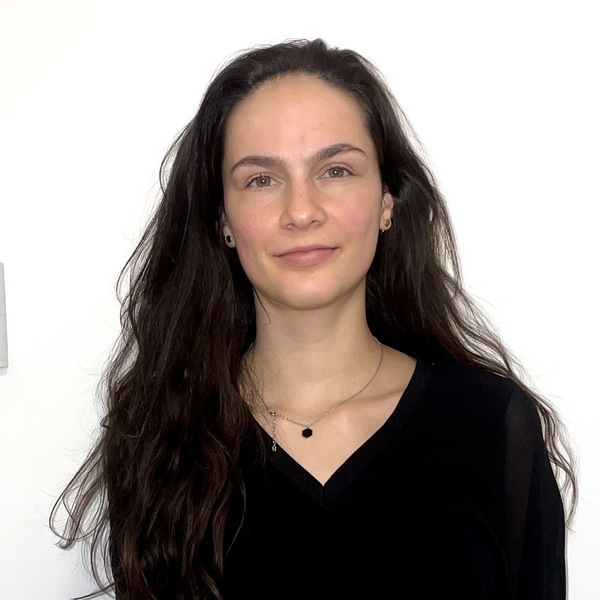Background images generated with openai.com and freepik.com
About Themis
The goal of Themis project is to devise fundamentals for the new groundbreaking generation of geographically distributed probabilistic operating systems unifying computation and communication facilities. The idea is to instantly offload arbitrary portions of the code from the end device (like the IoT sensors) to the arbitrary computational surrogates that might be an idle node, your personal laptop, a raspberry pi or any other computational facility. The challenge is to achieve sustainability, while facilitating low latency of hyper heterogeneous, highly volatile tactile Internet applications. Our ambitions in Themis are enabled by the recent developments in Edge computing, a new concept bringing computation and data storage closer to the location where it is needed and by probabilistic large scale near real time systems relying on Markov Chains -- both areas pioneered by the PI. Besides very concrete use cases within intelligent traffic management and hybrid classic/quantum architectures, we identified the innovation potential in the area of Microgrids and Earth Science.
Funded by:

- Project #: PAT1668223
- Start: 01.05.2024
- End: 30.04.2027
- Research Institution(s): TU Wien (100%)
- Grant DOI: 10.55776/PAT1668223
Partners
Thomas Monz
Universität Innsbruck - Austria
Ewa Deelman
University of Southern California - USA
Publications
- Herbst S., Cranganore S.S., De Maio V., and Brandic I. Exploring channel distinguishability in local neighborhoods of the model space in quantum neural networks. The Thirteenth International Conference on Learning Representations. 2025 (to appear). pdf doi
- Meerzhan Kanatbekova, Shashikant Ilager, Ivona Brandic. ABBA-VSM: Time Series Classification using Symbolic Representation on the Edge. ICSOC 2024: International Conference on Service-Oriented Computing Tunis, Tunisia, December 3-6, 2024. pdf
- Xiaoyu Chu, Daniel Hofstätter, Shashikant Ilager, Sacheendra Talluri, Duncan Kampert, Damian Podareanu, Dmitry Duplyakin, Ivona Brandic, Alexandru Iosup. Generic and ML Workloads in an HPC Datacenter: Node Energy, Job Failures, and Node-Job Analysis. The 30th International Conference on Parallel and Distributed Systems (ICPADS 2024), Belgrade, Serbia, October 10-14, 2024. pdf
- Vincenzo De Maio, Dominik Bork and Ivona Brandic. RIGOLETTO: A Workflow Definition Language for Hybrid Quantum-Classical Scientific Applications. 26th IEEE Int'l Conference on Business Informatics (CBI) 2024. pdf
- Sandeep Suresh Cranganore, Vincenzo De Maio, Ivona Brandic, Ewa Deelman. Paving the Way to Hybrid Quantum-Classical Scientific Workflows. Future Generation Computer Systems 2024 (to appear). pdf
- Alessio Catalfamo, Atakan Aral, Ivona Brandic, Ewa Deelman, and Massimo Villari. Machine Learning Workflows in the Computing Continuum for Environmental Monitoring. 24th International Conference on Computational Science (ICCS), 2-4 July 2024, Malaga, Spain. pdf
- Shashikant Ilager, Daniel Balouek, Sidi Mohammed Kaddour, Ivona Brandic. Proteus: Towards Intent-driven Automated Resource Management Framework for Edge Sensor Nodes. 14th Workshop on AI and Sceientific Computing at Scale using Flexible Computing Infrastructures (FlexScience 2024), in conjunction with HPDC 2024, Pisa, Italy, June 3-4, 2024. pdf
- Paul Joe Maliakel, Shashikant Ilager, Ivona Brandic, "FLIGAN: Enhancing Federated Learning with Incomplete Data using GAN," In the ACM 7th International Workshop on Edge Systems, Analytics and Networking (EdgeSys24)(EuroSys24), Athens, Greece, 22nd April, 2024. pdf
Team - TU Wien HPC Research Group

Univ. Prof. Dr.
Ivona Brandić
Project leader
Josip Žilić
Project assistant
Daniel May
Project assistant
Thomas Ziller
Research Assistant

